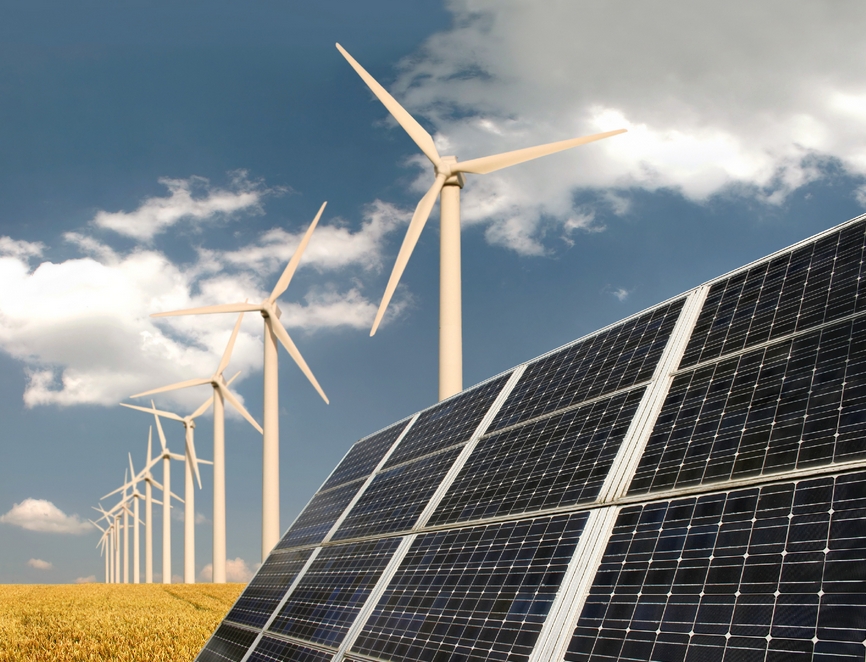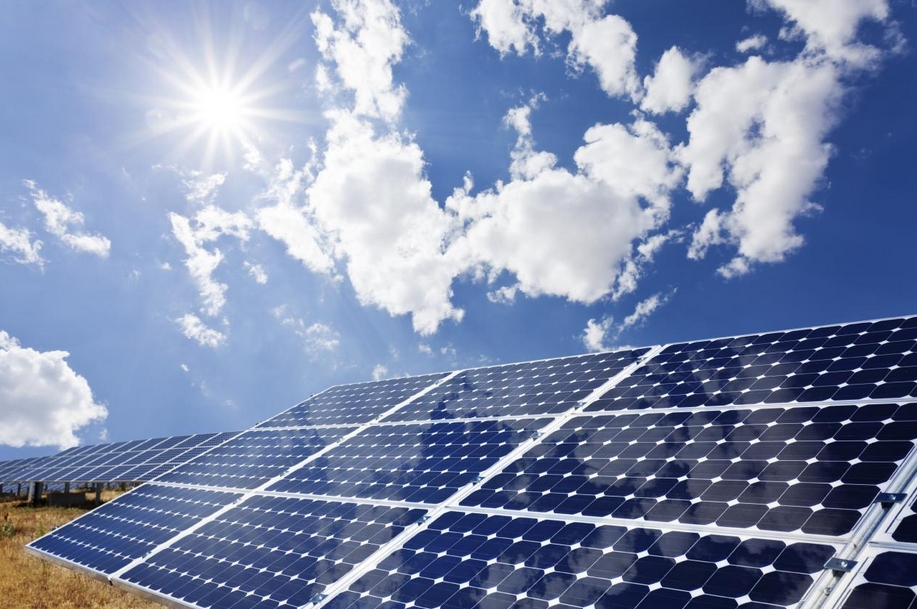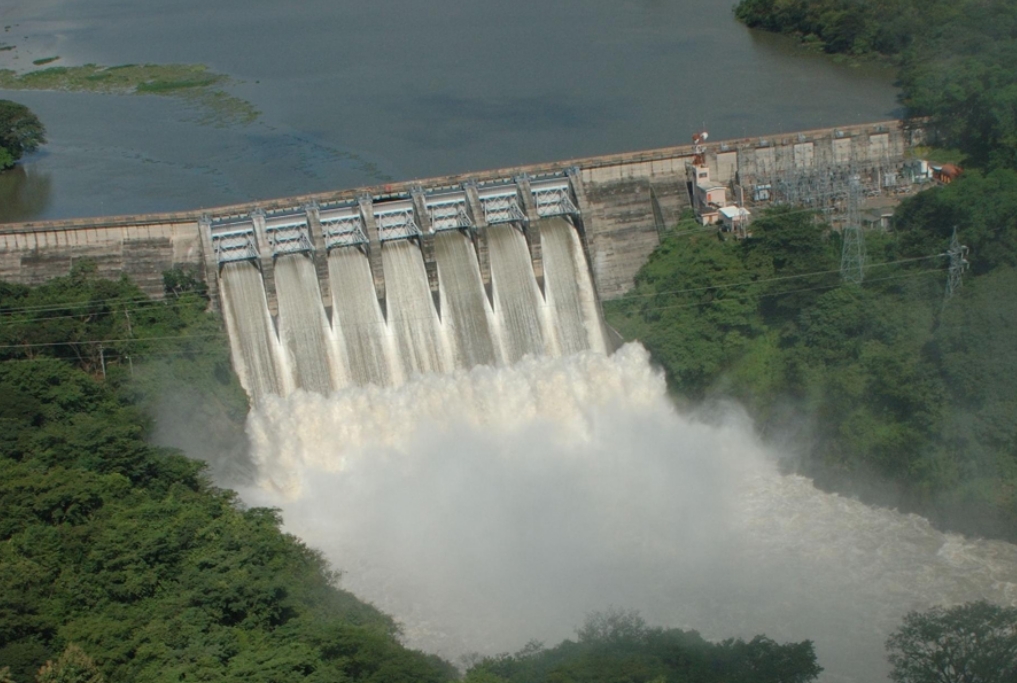Renewable energy sources issue is a topical question in regard to energy supply all over the world. Environmental safety, availability and special international policies for its advancement resulted in year on year increasing consumption of RES.

The main renewable sources of energy are solar energy, wind power, biomass and biodiesel, hydroelectric power, geothermal energy and other sources. However, being quite effective and environmentally friendly, most of them give a challenge to deal with. The installation of equipment for obtaining these kinds of energy is fairly expensive and requires precisely calculated efficiency for certain areas. Therefore, the renewable energy programs are being recognized and supported by numerous state and international policies.

The member states of the European Union make their combined contribution to the world's development in the sphere of renewable energy. This political course is effective both for reducing dependence from imported traditional energy resources and for achievement of environment-protecting targets. Thus The EU is working out special programs and policies to promote RES.
The foundation for this initiative was laid in the momentous documents: Maastricht Treaty (1992) and Amsterdam Treaty (1997), which set an objective of stable energy growing without harming environment. The most effective step in this sphere was undertaken in 2009 by signing the Renewables Directive, which stated the levels of renewable energy consumption in the EU member states. The target of reaching 20% renewable energy share in the total energy use by 2020 was set for the European Union and this amount was distributed between the member states. The most productive RES users then were Sweden, Latvia and Finland so for them the target of more than 40% was set. The figures of the recent years are promising. They show that the European Union had already reached the 15% index by 2013. These results display the sum result of all the EU countries, some of which have already attained and even exceeded their 2020 goals. 3 top positions take Norway, Sweden and Latvia. Bulgaria, Lithuania, Estonia have already hit their targets. But some other countries aren’t managing to stick to the plans, showing quite poor results. Surprisingly, the United Kingdom, France and Netherlands are showing the worst results so far.
Latvia appeared to be one of the greatest RES producers in the EU. There operated a serious system of encouraging programs, among which are feed-in tariffs, quota system different tenders and so on. Tax benefits are implemented to promote heating and cooling systems working on RES. The transport sphere is also given a priority.
The main renewable sources of energy in Latvia are hydroelectric power stations and fuel-wood. Firewood is being used in the overwhelming majority of the households in Latvia, accounting up to 85% of households. In the recent years the fuel-wood share increased by almost 10% in the transformation area and got to the point of 24.3% of the total use in Latvia. This positive tendency may be observed due to the innovative CHP plants implemented in 2014. They significantly increase the RES share, lowering the share of natural gas.

The greatest source of the renewable energy in Latvia is the hydropower. Though, the capacity of the Latvian hydropower plants hasn’t increased much, it still gives the greatest share of electricity (up to 70%).
The European Commission made the energy point one of the key issues of the year 2015. At a time of recent gas transportation problems, the issue of energy supply security appears to be a vital one. The renewable energy resources in this context can make a good and secure by any definition alternative for the traditional energy sources. Thus, the EU is anticipated to succeed in reaching their goals at the earliest possible time.
This material is protected by copyright.
Any copying and distributing without active hyperlink is strictly prohibited!